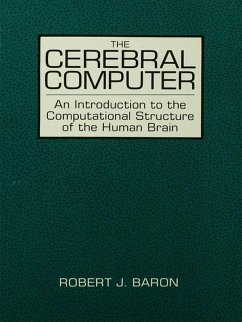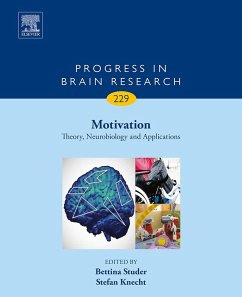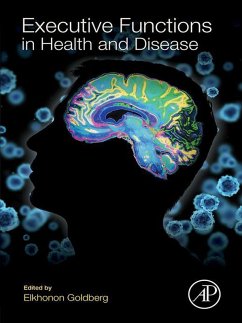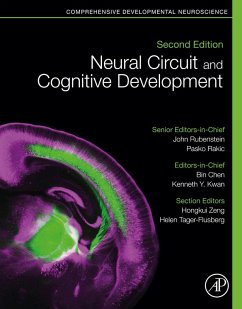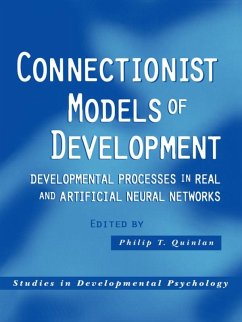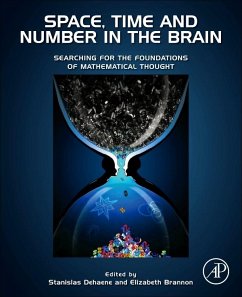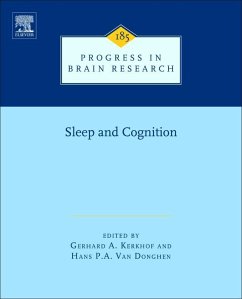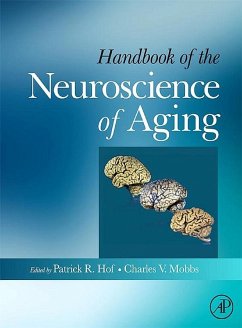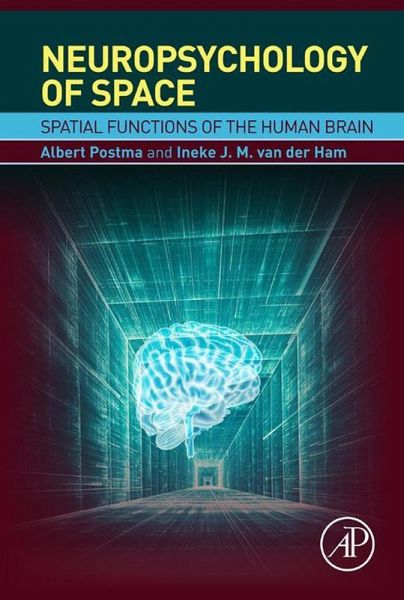
Neuropsychology of Space (eBook, ePUB)
Spatial Functions of the Human Brain
Versandkostenfrei!
Sofort per Download lieferbar
52,95 €
inkl. MwSt.
Weitere Ausgaben:

PAYBACK Punkte
26 °P sammeln!
The Neuropsychology of Space: Spatial Functions of the Human Brain summarizes recent research findings related to understanding the brain mechanisms involved in spatial reasoning, factors that adversely impact spatial reasoning, and the clinical implications of rehabilitating people who have experienced trauma affecting spatial reasoning. This book will appeal to cognitive psychologists, neuropsychologists, and clinical psychologists. Spatial information processing is central to many aspects of cognitive psychology including perception, attention, motor action, memory, reasoning, and communica...
The Neuropsychology of Space: Spatial Functions of the Human Brain summarizes recent research findings related to understanding the brain mechanisms involved in spatial reasoning, factors that adversely impact spatial reasoning, and the clinical implications of rehabilitating people who have experienced trauma affecting spatial reasoning. This book will appeal to cognitive psychologists, neuropsychologists, and clinical psychologists. Spatial information processing is central to many aspects of cognitive psychology including perception, attention, motor action, memory, reasoning, and communication. Any behavioural task involves mentally computing spaces, mechanics, and timing and many mental tasks may require thinking about these aspects as well (e.g. imaging the route to a destination). - Discusses how spatial processing is central to perception, attention, memory, reasoning, and communication - Identifies the brain architecture and processes involved in spatial processing - Describes theories of spatial processing and how empirical evidence support or refute theories - Includes case studies of neuropsychological disorders to better illustrate theoretical concepts - Provides an applied perspective of how spatial perception acts in the real world - Contains rehabilitation possibilities for spatial function loss
Dieser Download kann aus rechtlichen Gründen nur mit Rechnungsadresse in A, B, BG, CY, CZ, D, DK, EW, E, FIN, F, GR, HR, H, IRL, I, LT, L, LR, M, NL, PL, P, R, S, SLO, SK ausgeliefert werden.




